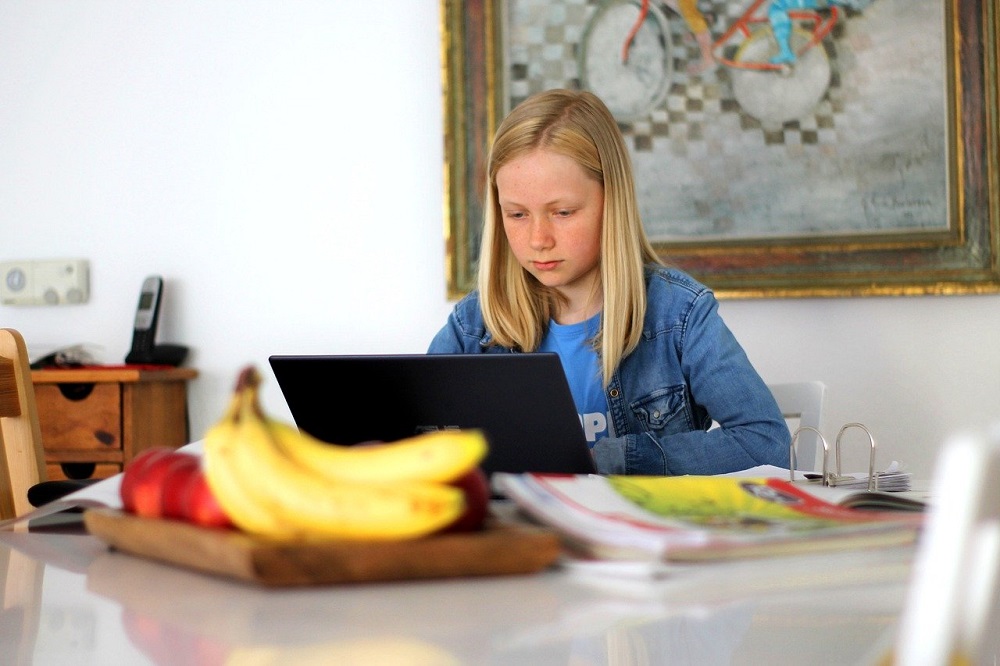Increase in home schooling since Covid pandemic

Richard Youle Local Democracy Reporter
The number of home-educated children in a Welsh city has risen considerably since the Covid pandemic for reasons including school-related anxiety.
In spring this year, there were 388 children known to be educated at home in Swansea compared to 259 three years previously. The number peaked at 401 in summer 2023.
A council education scrutiny panel heard a refusal to attend school and a belief among parents that a school wasn’t meeting their child’s needs were other reasons for elective home education, with a minority of families saying they didn’t want their young ones to participate in the relationships and sexuality education element of the school curriculum.
Obligation
Helen Howells, from the council’s education department, said the increase in home-educated children in Swansea was reflected across Wales’ 22 local authorities and earlier this year the total number was just under 6,000.
Ms Howells said: “Education is compulsory but attending school is not always.”
She said there was an obligation for home-schooled children to be given a “sufficient and suitable” full-time education, and this had financial implications for parents.
She explained education officers took steps to identify home-schooled children and paid an initial visit to families who were going down this route.
There was then a three-month visit and at least one annual one to assess that what was being provided was sufficient and suitable. Ms Howells said the department expected to exceed the visit requirements this year.
The cohort of home-schooled children in Swansea includes those with additional learning needs, who are required to have what’s known as an independent development plan.
Risk
A report before the panel said meeting this requirement had been identified as a risk, and action had been taken to increase in-house resources. Events and drop-in sessions had also been arranged, it said, for home-educated children.
Ms Howells said the council wanted to get more feedback from home-educated children.
“We want to hear these quiet voices, hear from the children we don’t always see,” she said.
Panel convenor, Cllr Lydon Jones, said school was about the all-round experience not just exam results – how you mixed with friends and those who weren’t your friends.
“By being educated at home people lose that, and it could mean you’re more nervous later on in life,” he said. “You haven’t had to mix, and had that rough and tumble if you like.”
Cllr Jones also asked if home visits were announced or unannounced, and how exam results compared for home-educated children.
Ms Howells said she believed the opportunity to mix with others was “really, really important”, but added within the home-educated community there were lots of groups and some self-organised events.
“We want to encourage relationships with the local authority and the community,” she said.
Visits
Regarding home visits, she said there were instances when education officers turned up unannounced but the preference was for arrangements beforehand.
Exam results for home-educated children, she said, weren’t tracked.
The panel also heard elective home schooling was different to a home tuition service offered to pupils who remained on a school roll.
Beth Allender – a co-opted member of the panel – asked if the council tracked why some people didn’t want to go to school.
Ms Howells said this was explored thoroughly during the initial home visit and that it could lead to discussions with a school and, in some cases, the young person returning to it.
She said: “School is the safest and best place for our learners.”
Support our Nation today
For the price of a cup of coffee a month you can help us create an independent, not-for-profit, national news service for the people of Wales, by the people of Wales.






In truth how many of these children are actually being educated and how many are just frankly not going to school? Is any estimate of time spent studying made? Are any of these kids down the precinct during school hours or just playing on game boy or whatever? Are the parents available to teach? Are they themselves educated enough to do so? Is there any ongoing audit of outcome to see if these kids do at least as well as they would have done if in school? Do they get entered for exams and pass them?